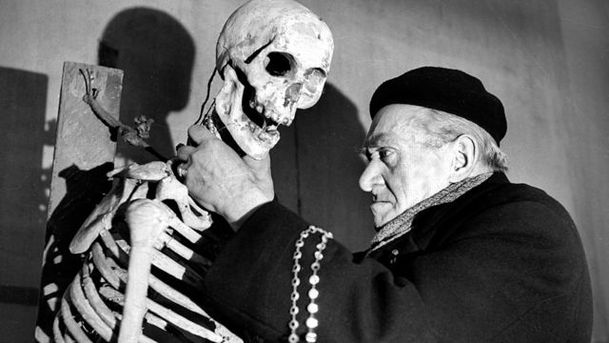Grand Guignol

At the end of the nineteenth century, in the seediest quarter of Paris, a new theatre opened its doors offering a recipe of blood and terror - and soon the Grand Guignol was to become as big as an attraction in the city as the Eiffel Tower and the Arc de Triomphe. The success of an evening's performance - made up of a succession of short comedy and horror plays - was measured by how many members of the audience fainted, as they witnessed gougings, garrottings and gory murders on a nightly basis. After more than sixty years the theatre finally closed its doors, but only after helping influence the development of horror in the cinema, as well as introducing the phrase Grand Guignol into common parlance as a byword for shocking, blood-soaked terror. Sheila McClennon visits Paris to revisit the scene of this most shocking of theatre movements, and also comes to London to find out how the likes of Joseph Conrad and Noel Coward got involved in its English incarnation, which fought a staunch but unsuccessful battle with the censors at the beginning of the 1920s.